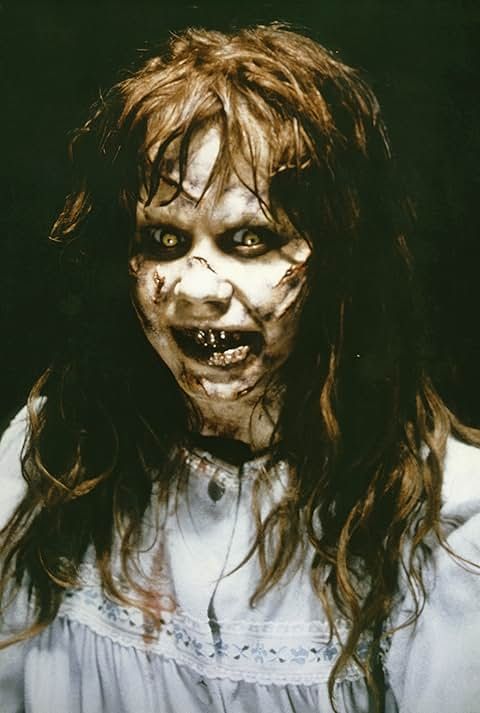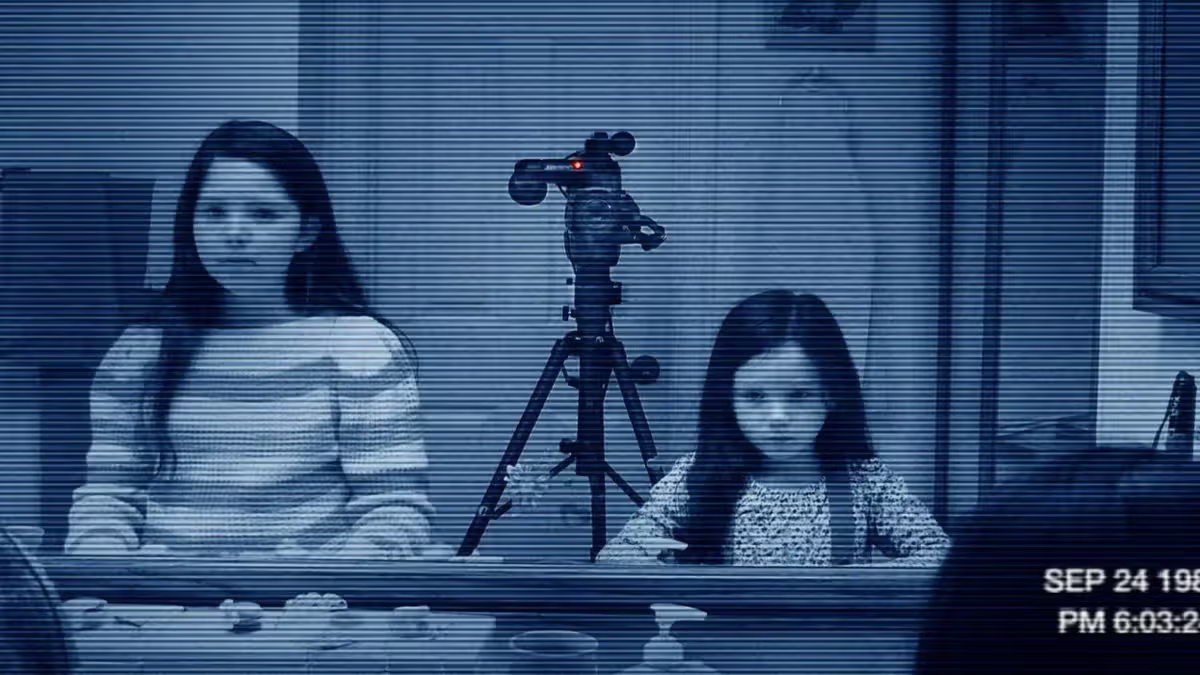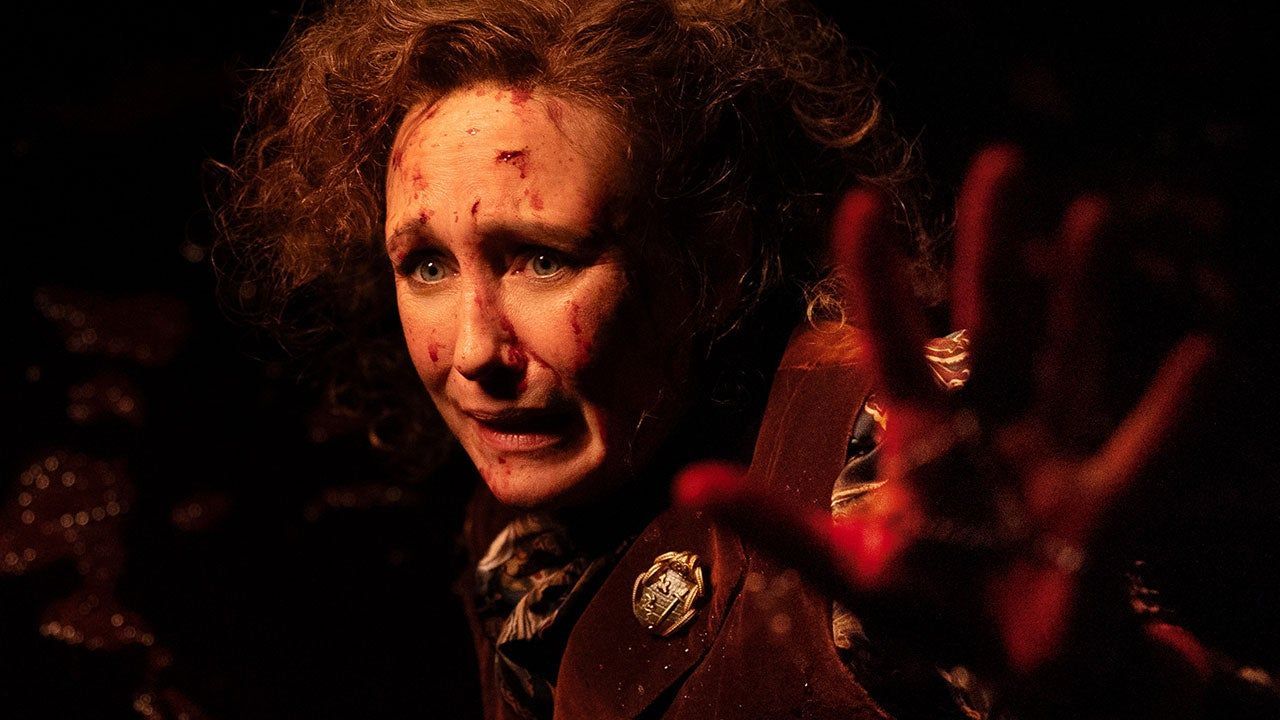Psychological Horror vs. Gore
Explore the chilling debate: is psychological horror or gory horror scarier for you?

When it comes to horror, the genre has two dominant styles that leave viewers squirming in their seats: psychological horror and gore. While both aim to terrify, they take wildly different paths to get there.
So, what’s your nightmare fuel?
Psychological Horror: The Power of the Mind
Psychological horror messes with your head. These films don’t rely on blood or guts—they plant unsettling ideas in your mind and let your imagination run wild.
Movies like Hereditary or The Babadook focus on dread, paranoia, and the fear of the unknown. It’s not what you see, but what you feel.
The key here? Atmosphere and tension. Directors use eerie soundtracks, shadowy visuals, and deeply flawed characters to build anxiety that sticks with you long after the credits roll. Psychological horror lingers, often leaving you with more questions than answers.
Gore: The Art of the Grotesque
On the other hand, gore doesn’t hold back—it’s visceral, shocking, and unapologetically in-your-face. Films like Saw or The Texas Chain-Saw Massacre are all about body horror. They thrive on showing the extremes of human suffering in graphic, stomach-churning detail.
This style isn’t subtle. The scares are immediate and physical. Gore’s appeal lies in its ability to push boundaries, daring you to watch the unwatchable. For fans of the genre, it’s almost like an adrenaline rush—gross but thrilling.
Which Is Scarier?
That’s subjective. Some horror fans enjoy the cerebral nature of psychological horror, appreciating its nuanced storytelling and slow-burn approach. Others prefer the intense, visceral experience of gore, where every scream and splatter feels tangible.
Still, the best horror movies combine both. Think of The Shining—a psychological masterpiece with moments of graphic terror—or Midsommar, which uses disturbing visuals alongside mental torment.
What’s Your Poison?
Whether you prefer the brain games of psychological horror or the gut punch of gore, there’s no wrong answer. Both styles serve one purpose: to scare the living daylights out of you.
What kind of horror gets your heart racing?
Psychological vs. Gore FAQ
What is psychological horror?
Psychological horror focuses on fear of the unknown, unsettling the mind through tension, paranoia, and emotional depth.
How does gore differ from psychological horror?
Gore relies on graphic imagery and violence to shock viewers, while psychological horror emphasises subtle scares and mental dread.
Which is scarier: psychological or gore horror?
It depends on personal preference. Psychological horror disturbs the mind, while gore delivers visceral, shocking thrills.
What’s a great example of psychological horror?
The Babadook is a standout example, blending emotional trauma with creeping dread and ambiguity.
What are iconic gore-filled horror movies?
Films like Saw and Hostel showcase extreme violence and gruesome special effects to elicit fear.
Why do people enjoy psychological horror?
Many enjoy its thought-provoking themes, immersive tension, and lasting impact that lingers long after watching.
Are gore movies only about blood and guts?
Not always! While gore often highlights violence, it can also explore survival themes or societal commentary.
Is there a balance between psychological and gore horror?
Yes, films like Hereditary and The Texas Chain Saw Massacre combine emotional depth with graphic visuals.
Where can I find recommendations for these subgenres?
Check out our blog for curated lists of both psychological and gore horror films.



